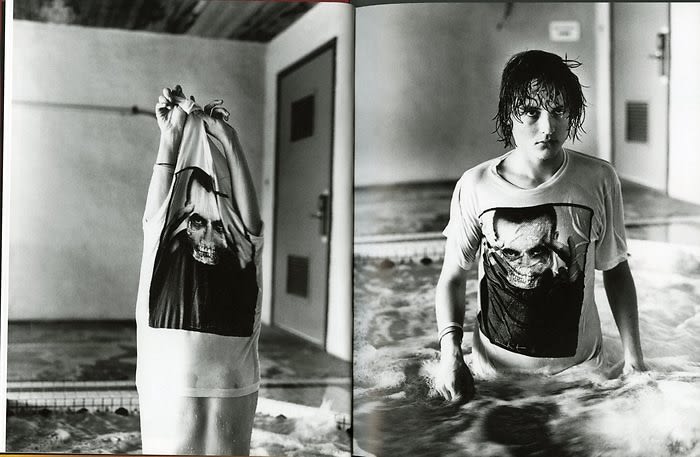

But you do it full time." I was like, "well, maybe." And in the end he convinced me. You go, you help companies implement Kubernetes, users, saying all that stuff you enjoy.
#Vagrant coffee software#
And then they kind of at the end of it, he looked over at me and was like, "well, how about being a solutions engineer instead?" And I was like, what's that?Īnd he's like, "well, you know, it's just effectively being a software consultant. And I'd applied to be a software engineer. One lunchtime, I just walked down the road and went to a coffee shop with Matt and we had this lovely conversation talking about my background and Jetstack and what I was looking to achieve in a new role and all this. What was the interview process like for you? Great company, the two Matts, the co-founders there. JAMES LAVERACK: Oh, no, I don't think I have.ĬRAIG BOX: Well, look it up if you're ever in the region, everybody. I had my picture taken outside all the buildings. I've been a couple of times.ĬRAIG BOX: There's a town called Box just outside Bath. It's its own little city-state." But whenever we did go out to that part of the world, Bath especially, a very lovely town As someone who lived in London for a long time, it's very easy for me to say "well, London's kind of like Singapore. So, standard I think.ĬRAIG BOX: That is the way. We've got a new bus installed recently, which everyone hated while it was being built. It's kind of a nice overcast and rainy, which I quite like. JAMES LAVERACK: Yeah, weather is the usual UK. For "not London", it's not doing too bad, I don't think.ĬRAIG BOX: When you say hot, though, that's tech industry, not weather, I'm assuming. I think some larger companies have offices there.

It has a lot of tech companies, obviously, it was a fintech company I worked at before. It's been known for being quite hot in the area in terms of that part of the UK. It's happened to a lot of people I know and a lot of my friends, is that you go to University somewhere and you're just kind of stuck there forever, so to speak. And so I decided to just hop across the road and join them, and do all of this Kubernetes stuff more.ĬRAIG BOX: What's the tech scene like in Bristol? You went there for school and never left? I could see them out of our office window. So I looked around and I found Jetstack, whose offices were literally across the road. I ended up enjoying the infrastructure side so much that I decided to move and do that full time. So we implemented Kubernetes, and as often happens, I ended up as the one person of a team that understood the infrastructure, while everyone else was doing all of the application development. We needed Kubernetes to solve a technical problem. Somewhat rather by accident, I ended up doing fintech work, which is pretty interesting, pretty engaging.īut in my most recent fintech job before I joined Jetstack, I ended up working on a software project. I went through school and then I did a computer science degree at the University of Bristol, and then I just ended up taking a software engineer job from there. JAMES LAVERACK: I took a pretty traditional path to software engineering. Tell me a little bit about how you came to software? This transcript has been lightly edited and condensed for clarity.ĬRAIG BOX: Your journey to Kubernetes went through the financial technology (fintech) industry. Make sure you subscribe, wherever you get your podcasts, so you hear all our stories from the cloud native community, including the story of 1.25 next week. James was on the podcast in May, and while you can read his story below, if you can, please do listen to it in his own voice. That release was led by James Laverack of Jetstack.

With 1.25 around the corner, the tradition continues with a look back at the story of 1.24. With every new Kubernetes release comes an interview with the release team lead, telling the story of that release, but also their own personal story. It is my pleasure to be the documentarian for the stories of the Kubernetes community in the weekly Kubernetes Podcast from Google. The one thing that unifies them, no matter their differences, are that they all have an interesting story. Some are friends, some are colleagues, and some are strangers. The Kubernetes project has participants from all around the globe.


 0 kommentar(er)
0 kommentar(er)
